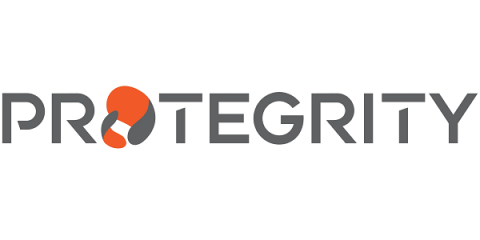Securing Your Sensitive Data: Top 7 Cloud Migration Strategies and Best Practices
Cloud migration refers to the process of moving data, applications, and other business elements from on-premise data centers to a cloud computing environment. This transition is crucial for modern businesses aiming to enhance their operational efficiency, scalability, and flexibility. Cloud migration offers numerous benefits, including cost savings, improved performance, and the ability to leverage advanced technologies like AI and big data analytics.




